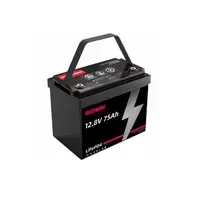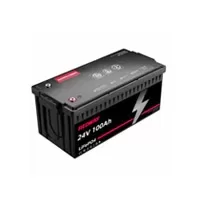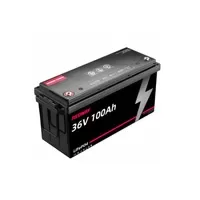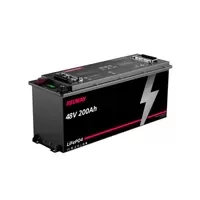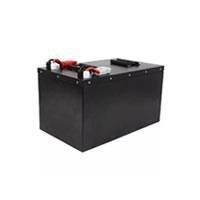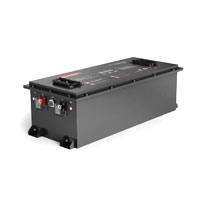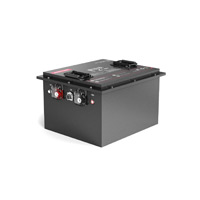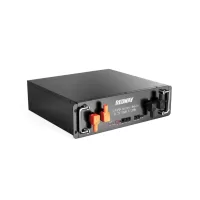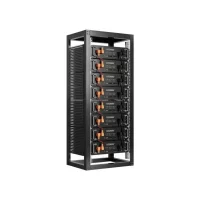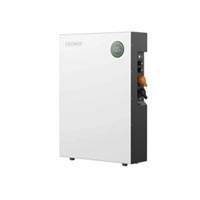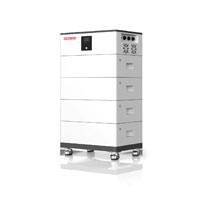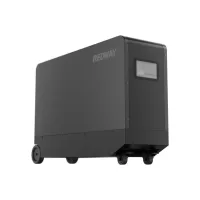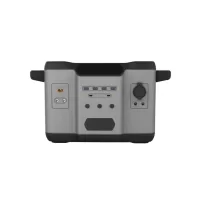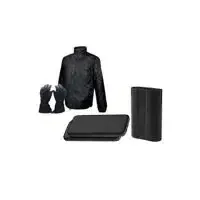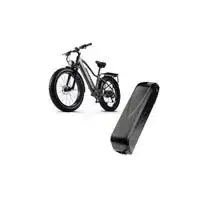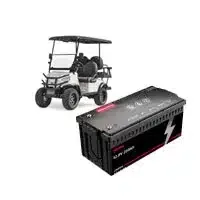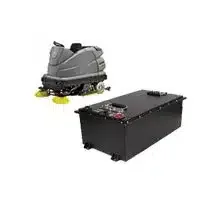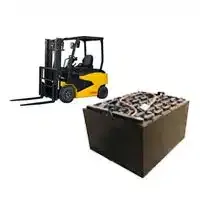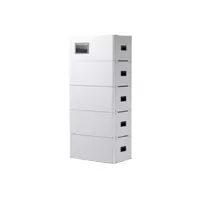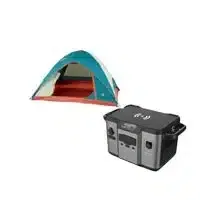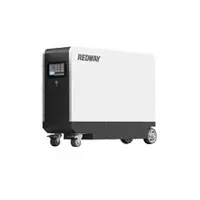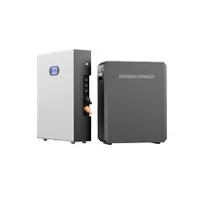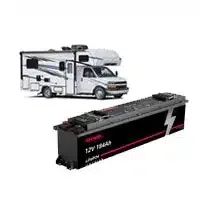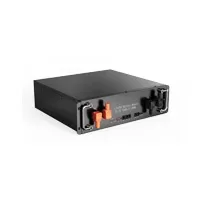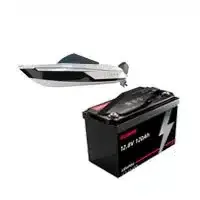Are you looking to power up your devices with a reliable battery? Well, look no further because we’ve got the inside scoop on 100Ah 12v batteries and their weight! Whether you’re an outdoor enthusiast seeking a portable energy source or someone in need of backup power for your RV or boat, understanding the weight of these batteries is crucial. Join us as we dive into the world of 100Ah 12v batteries and explore why their weight matters in different applications. So buckle up and let’s get started!
Factors that Affect Battery Weight
Factors that Affect Battery Weight
When it comes to the weight of a 100Ah 12v battery, there are several factors that can influence its overall heaviness. One major factor is the type of battery chemistry used. Different types of batteries have varying densities and compositions, which directly impact their weight.
For example, lead-acid batteries tend to be heavier compared to lithium-ion batteries. This is because lead-acid batteries utilize heavy lead plates and sulfuric acid electrolyte in their construction. On the other hand, lithium-ion batteries are typically lighter due to their use of lightweight lithium compounds.
Another factor that affects battery weight is the size or capacity of the battery. In general, larger capacity batteries will weigh more than smaller ones because they contain more cells or modules.
Additionally, advancements in battery technology can also play a role in determining weight. As new materials and manufacturing techniques emerge, it becomes possible to create lighter and more compact batteries without compromising on performance or capacity.
It’s important to consider these factors when choosing a battery for your specific application. If portability is crucial, opting for a lighter lithium-ion battery may be ideal. However, if durability and cost-effectiveness are priorities instead, a heavier lead-acid battery could be a better choice.
In conclusion (Note: Not concluding here!), understanding the various factors that affect battery weight allows you to make an informed decision when selecting a 100Ah 12v battery for your needs
Comparison of Different Battery Types and Weights
When it comes to batteries, there are various types available in the market. Each type has its own characteristics and features that make it suitable for different purposes. And of course, with these differences come variations in weight.
One popular type of battery is the lead-acid battery. These batteries have been around for a long time and are known for their reliability and affordability. However, they are also quite heavy compared to other options, weighing around 60-70 pounds for a 100Ah 12v battery.
On the other end of the spectrum are lithium-ion batteries. These batteries have gained popularity in recent years due to their high energy density and lightweight construction. A 100Ah 12v lithium-ion battery can weigh as little as 30-40 pounds, making them ideal for applications where weight is a concern.
Another option is nickel-cadmium (NiCd) batteries which fall somewhere between lead-acid and lithium-ion in terms of weight. They typically weigh around 50-60 pounds for a similar capacity.
It’s important to consider the specific requirements of your application when choosing a battery type based on weight alone. For example, if you’re using the battery in a stationary setup where portability isn’t an issue, then opt for heavier but cost-effective lead-acid batteries.
However, if you need a lightweight solution that offers longer runtimes or higher power output, then lithium-ion or NiCd might be better choices despite being pricier options.
Comparing different battery types reveals significant differences in weights. Lead-acid batteries tend to be heavier but more affordable while lithium-ion batteries offer lighter weight at higher costs. Assessing your needs will help determine which type suits your application best without compromising performance or budget constraints!
Importance of Battery Weight in Different Applications
Importance of Battery Weight in Different Applications
Battery weight plays a crucial role in determining the suitability and performance of a battery for various applications. The weight of a battery directly impacts its portability, energy storage capacity, and overall efficiency.
In portable devices such as laptops or smartphones, where mobility is key, having a lightweight battery is essential. A lighter battery allows for easy transportation without adding excessive bulk to the device. This makes it convenient for users who are always on the go and need their devices to be as light as possible.
On the other hand, in certain automotive applications like electric vehicles (EVs), battery weight becomes even more critical. EV batteries need to strike a balance between energy storage capacity and weight since heavier batteries can negatively impact vehicle performance and mileage. Manufacturers strive to develop lightweight yet powerful batteries that offer optimal range while maintaining high efficiency.
In renewable energy systems such as solar power installations or off-grid setups, battery weight affects not only portability but also installation convenience. Heavier batteries might require additional support structures or machinery during installation, which can add complexity and cost to the system setup process.
Similarly, in marine applications like boats or yachts, battery weight influences vessel stability and maneuverability. Heavy batteries can affect the boat’s balance and increase fuel consumption due to added drag caused by increased displacement.
Understanding the importance of battery weight helps us make informed decisions when selecting batteries for different applications – from portable electronics to electric vehicles or renewable energy systems. By considering factors like portability, performance requirements, and ease of installation, we can choose an appropriate battery that optimizes both functionality and efficiency based on specific needs.
Tips for Choosing the Right Battery Weight for Your Needs
Tips for Choosing the Right Battery Weight for Your Needs
1. Consider the Application: The first step in choosing the right battery weight is to consider the application for which it will be used. Different applications may require different levels of portability or durability, and this can affect the ideal weight of the battery.
2. Assess Power Requirements: It is important to assess your power requirements before selecting a battery weight. If you need a higher capacity and longer runtime, a heavier battery may be necessary. However, if you have limited space or need a more lightweight option, you might need to sacrifice some power capacity.
3. Evaluate Portability: If portability is crucial for your needs, opt for a lighter battery that can be easily carried or transported. This is particularly important if you are using the battery in outdoor activities such as camping or boating.
4. Consider Space Constraints: In certain applications where space is limited, such as in RVs or small boats, choosing a compact and lightweight battery becomes essential. Ensure that the dimensions and weight of your chosen battery fit within those constraints.
5. Account for Environmental Factors: If your batteries will be exposed to extreme temperatures or harsh conditions, it’s vital to choose one with appropriate weight and construction that can withstand these challenges without compromising performance.
6. Seek Expert Advice: When in doubt about which battery weight would best suit your needs, consult with experts who specialize in batteries and their applications. They can provide valuable insights based on their experience and knowledge.
Remember that there isn’t always one-size-fits-all when it comes to choosing the right battery weight; it depends on various factors specific to each individual’s requirements!
FAQs about 100Ah 12v Battery Weight
FAQs about 100Ah 12v Battery Weight
1. How much does a 100Ah 12v battery weigh?
The weight of a 100Ah 12v battery can vary depending on the type and construction of the battery. On average, a lead-acid battery in this capacity range weighs around 60-70 pounds (27-32 kilograms). However, lithium-ion batteries are typically lighter, weighing between 30-40 pounds (13-18 kilograms) for the same capacity.
2. Does the weight of the battery affect its performance?
The weight of the battery itself does not directly impact its performance. The crucial factors that determine performance are capacity, voltage output, and efficiency. However, it’s essential to consider overall weight when using portable applications or vehicles where every pound counts.
3. Can I use a heavier battery instead?
While you technically can use a heavier battery with higher ampere-hour rating than required, keep in mind that it may have practical limitations due to size and portability concerns. Additionally, heavier batteries also require more energy to move and might strain your vehicle’s electrical system or reduce runtime in portable applications.
4. Are there any lightweight alternatives available?
Yes! If you’re looking for a lighter option without compromising on capacity and performance, consider lithium-ion batteries as they generally weigh less than traditional lead-acid counterparts while offering similar power output.
5. Is there any advantage to using a heavier battery?
In some cases, having a slightly heavier battery may provide benefits such as increased durability or longer lifespan due to thicker internal components or greater reserve capacity for extended usage during power outages.
Remember that choosing the right combination of weight and other specifications depends on your specific needs and application requirements
Conclusion
The weight of a 100Ah 12v battery can vary depending on several factors such as the battery chemistry and design. While lead-acid batteries tend to be heavier due to their construction, lithium-ion batteries are much lighter and more compact.
When choosing a battery for your specific needs, it’s important to consider the weight in relation to the intended application. If you’re looking for a portable power solution or need to minimize weight for transportation purposes, opting for a lighter lithium-ion battery may be more suitable. On the other hand, if durability and cost-effectiveness are higher priorities than weight, then a heavier lead-acid battery might be the better choice.
Understanding how different types of batteries impact weight is crucial when selecting the right one for your requirements. So take into account both performance and portability factors before making your final decision.
Remember that while this article provides an overview of 100Ah 12v battery weights and considerations, it’s always recommended to consult with experts or manufacturers directly for detailed information tailored specifically to your needs.
Related Posts
- Zapping the Voltage: A Simple Guide to Multimeter Testing for AAA Battery Voltage
- Will solid-state batteries replace lithium?
- Will Batteries Last Longer in the Freezer? Answers to Your Freezing Battery Myths!
- Will batteries last longer in the freezer?
- Why you shouldn’t charge your phone overnight?
- Why would someone put batteries in the freezer?


